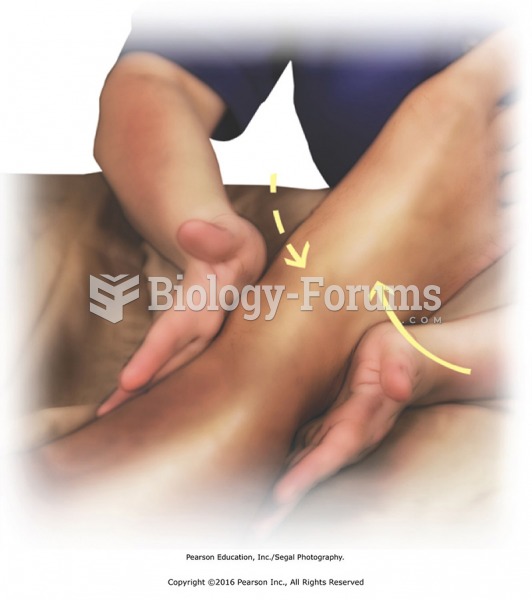Answer to Question 1
D
a. Incorrect. The nurse instructs the patient to drink 2 liters of water daily to facilitate uric acid excretion and to prevent the crystallization of uric acid in the renal tubules.
b. Incorrect. The nurse instructs this individual to avoid aspirin because it increases the risk of an acute attack and counteracts the benefit of uric acid prophylaxis.
c. Incorrect. Antihypertensive therapy helps to reduce the risk of another attack, but when diuretics are used for antihypertensive therapy, the potential benefit for gout prophylaxis is blunted because diuretics increase the risk of gouty attacks.
d. Correct. Because this individual manifests an acute attack in the ankle from hyperuricemia, the goal of therapy is to prevent another attack. To decrease uric acid production, the prophylactic medication of choice for gouty arthritis is colchicine (Colsalide). To enhance the action of this medication and further reduce this patient's risk of another attack, the nurse instructs the patient to avoid game meat and asparagus, because they contain purine, and to avoid alcohol, because it increases uric acid production.
Answer to Question 2
B, E, F
a. Incorrect. This question is based on the LEARN Model.
b. Correct. Asking about potential therapies is a question from the Explanatory Model and asks what the individual feels will help to clear up the problem.
c. Incorrect. This question is from the LEARN Model.
d. Incorrect. This question is from the LEARN Model.
e. Correct. The nurse asks about the duration of the problem as a part of applying the Expla-natory Model.
f. Correct. The nurse asks about other disciplines that the individual feels can be therapeutic.







